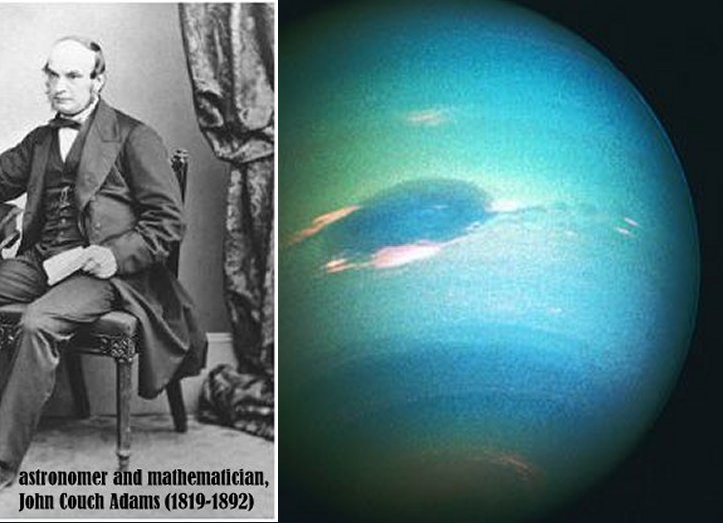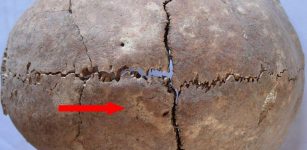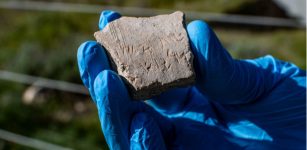On This Day In History: Astronomer John Couch Adams And The Discovery Of Planet Neptune – On July 3, 1841
AncientPages.com - On July 3, 1841, astronomer John Couch Adams was one of two who independently discovered the planet Neptune. Many people consider him the true discoverer of the planet.
John Couch Adams was born in Cornwall, England, 1819 to a farming family. From a very early age, he amazed everyone with his extraordinary ability to do mathematical calculations in his head without using pen and paper.
While still an undergraduate, he performed an investigation to try to explain the reason for the irregularities in the motion of the planet Uranus.
Adams theorized that the unexpected planetary orbit could be due to the presence of an as-yet-undiscovered planet in the vicinity. Adams theorized that the new celestial body was twice as far from the Sun as Uranus. All the calculations were worked out before he wrote them down.
Adams had entered in his journal:
“Formed a design in the beginning of this week of investigating, as soon as possible after taking my degree, the irregularities in the motion of Uranus. . . in order to find out whether they may be attributed to the action of an undiscovered planet beyond it. . . .”
In September 1845, he submitted his accurate work on where the new planet, as yet unobserved, could be found to the director of the Cambridge Observatory. The observatory took no action on his work.
The mathematicians – Englishman John Adams and Frenchman Urbain Le Verrier – made their calculations separately. However, both agreed that astronomers would pinpoint the planet in the sky.
John Couch Adams made many other contributions to our knowledge of astronomy. Adams was a Cambridge mathematics professor and eventually became the Cambridge Observatory director. Unfortunately, the planet was not recognized at Cambridge until much later, after its discovery at the Berlin Observatory on Sept. 23, 1846.
He refused a knighthood offered by Queen Victoria to honor him for his accomplishments.
Adams did not want the extra attention, nor did he feel he had the money to maintain the lifestyle of a knight.
Adams died in 1892 in Cambridge. He and his wife are buried under a 70-foot-high granite cross in Cambridge. Three years after his death, he was honored with a memorial tablet in Westminster Abbey. The tablet is near the tablet dedicated to Sir Isaac Newton, another brilliant English mathematician.
AncientPages.com
Expand for references




















